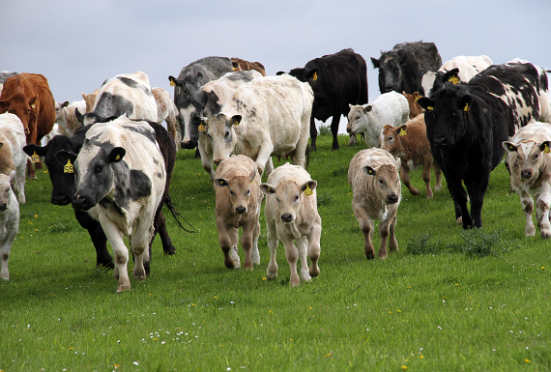Scottish farmers are urged to remain vigilant for signs of bluetongue virus following identification of the disease in a number of cattle imported from France.
The virus was detected by the Animal and Plant Health Agency on four farms in Stirling, Dumfries, and Preston and Kendal in England.
They entered the UK in a consignment from an assembly centre in France, and all animals that tested positive for the virus or at high risk of being infected will be humanely culled on farm. Restrictions have also been placed on each of the four farms.
Scotland’s chief veterinary officer, Sheila Voas, said: “The identification offers a timely reminder to farmers for the need to remain vigilant and of the risks of importing animals from disease-affected areas into their herds.”
The British Veterinary Association’s senior vice president, Gudrun Ravetz, said: “Bluetongue virus is spread via infected midges and with the mild weather we have been experiencing in the UK this autumn it is essential that farmers, vets and government agencies remain vigilant to the threat of disease spread. Signs of the disease include eye and nasal discharge, drooling, swelling around the head or mouth, lethargy and lameness.”
